hands down the best

KNOWLEDGE IS A POWERFUL THING
Trusted insights, news, and handy resources to help you navigate the NDIS and live your best life.
Latest Posts
Follow Us
Accessible video gaming for people with disability.

Accessible video gaming for people with disability.
The video game industry has exploded in the last fifty years and has gone from a niche form of entertainment to one of the largest home entertainment sectors worth over $516.6 billion (Australian Dollar).
It is no surprise that video games are so popular. They are a great source of entertainment and provide players with the opportunity to build friendships through online gameplay, virtual communities and real-world meetups.
Since video gaming is so popular have put together a list of some of the most impressive accessible games and technologies available to people with disability. We’ll also look at the organisations and communities shaping accessible and inclusive gaming today!
Benefits of video gaming.
Video games can be a lot of fun but research shows there can also be social, cognitive, and physical benefits associated with gaming. Here are some of the ways that video games might help improve the quality of life for people with disability:
- Developing social skills: Cooperative gaming requires players to communicate and work as a team to defeat the opponent. Many games also simulate real-world scenarios that allow players to explore concepts like ethics, justice, and courage.
- Making new friendships: One great thing about making friends with a fellow gamer is that you have a shared passion you can talk about together! Many gaming platforms have features that allow live chat using a headset or keyboard. Many platforms let you add other players as a friend which means you will be able to keep in touch after the game is finished.
- Decreasing feelings of isolation: According to data from AbleGamers, people with disability are 51% more likely to be socially isolated than their non-disabled peers. Video gaming can provide people with opportunities for social interaction, a virtual community and the chance to work towards a common goal as part of a team.
- Help with learning and cognitive skill: Many video games require players to use critical thinking, reading, writing and decision-making skills in order to progress through the game.
- Improved fine motor skills: Nearly all video games are played using some type of controller and require hand-eye coordination, so playing them can help people develop and improve their ability to control and manipulate things.
- Increasing opportunities to experience new things: Immersive gaming technology, (like virtual reality headsets), gives players the opportunity to go deeper into a gaming experience. Whether you want to play a match of virtual tennis, explore a distant city through street view, or fight an army of evil trolls, video games can help make it happen!
Diversity in gaming.
Australian gamers have highlighted a need for more diverse representation in games and a greater focus on accessibility and inclusion.
The organisations and people who develop the games, controllers and consoles know this and we’re seeing great advances in accessible gaming all the time.
Customising your gaming experience.
Whether you play on a PC (personal computer) or a dedicated gaming console (eg. Xbox) you’ll often find a range of options available to configure settings and customise gameplay to suit you.
Here are some of the great features that are designed to enhance every player’s video gaming experience:
- Offering presets for diverse vision, hearing and motor skill needs. The Last of Us Part II does this well.
- Changing difficulty settings, including removing timers and scores. Check out the multi-award-winner Unpacking for a stress-free game!
- Offering subtitles or text voice-acted dialogue, to create a better experience for vision-impaired gamers and those hard of hearing. It Takes Two is a great example of this.
- Remapping controls and adjusting sensitivity. We’ll share more about a few different gaming consoles next!
To discover more games that may be suited to your needs, visit the list of winners for #GAconf Awards 2022 or follow organisations like Able Gamers and Can I Play That? for helpful ratings and reviews.
Accessible gaming systems.
Xbox, Sony and Nintendo are three of the most popular video gaming consoles on the market and each has customisable options.
The standard Nintendo Switch controllers, called Joy-Cons, are lighter and smaller than traditional gaming controllers and can be used connected to the tablet-style screen or separately with one in each hand which allows players to rest their arms on a surface while playing.
The Xbox Adaptive Controller is the current market leader in accessible gaming. The default hub has two large touchpads and a number of ports that allow users to plug in different buttons, mounts and joysticks to create a completely unique controller. Players can plug in foot pedals, for example, if they can’t use their hands, or a QuadStick, which lets quadriplegic players sip or puff with their mouth to control movement onscreen.
Sony is launching a similar accessibility kit, the Access Controller (formerly Project Leonardo) also offers players a customisable and changeable control hub with swappable buttons and ports to add control sticks and expansion packs to suit different games.
Staying safe while gaming.
With a growing number of accessible gaming options available it is important that you’re selecting a game with suitable themes, content and interactive features.
Video games, just like movies and TV shows, have a standardised rating system to help players select appropriate games. The ratings range from “E” for everyone to “AO” for Adult Only 18+.
Features like in-game purchases, location sharing and unrestricted player interaction have benefits and risks that should also be carefully considered by the person playing the game.
Get in touch.
Get in touch by calling 1300 047 333 or emailing help@handsdown.com.au.



